Recently, taking advantage of people's desire to travel cheaply, many scammers have used sophisticated tricks to appropriate property.
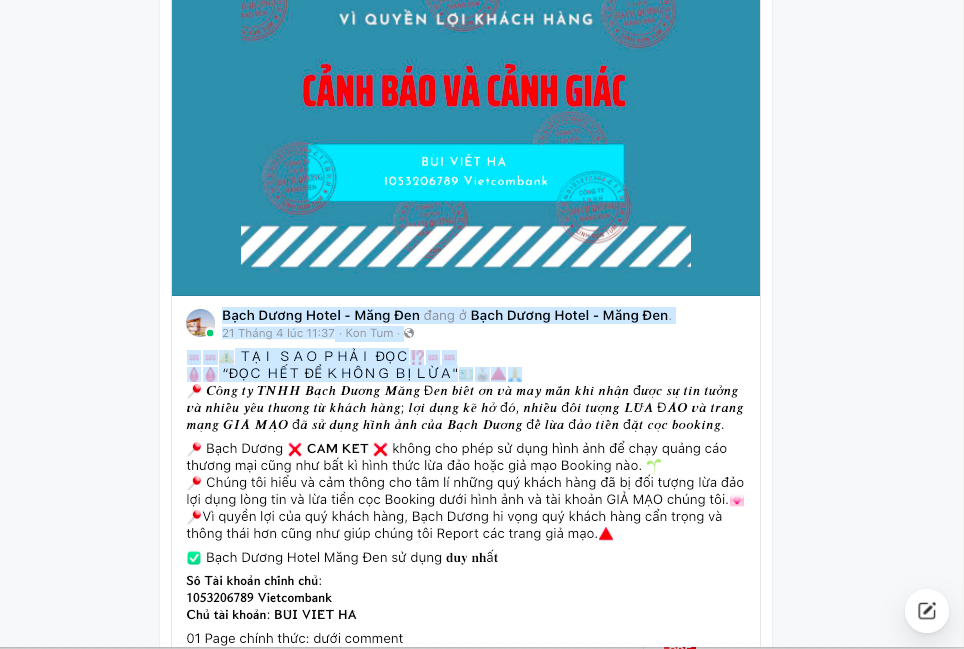
Before the recent April 30 - May 1 holiday, Mr. Vu Trong G., a tourist in Hanoi , went online to find information on booking accommodation in Hoi An City through a group sharing accommodation locations on social networks.
After sharing information about his room booking needs, Mr. G. received a phone call from a stranger, saying that the manager of a homestay informed him that there was a room available at a preferential price and asked him to transfer a deposit.
“Luckily, thanks to reading the warning about scams, I carefully asked my friends to check the address, asked for the phone number of this homestay and discovered that the homestay was actually full. The contact phone number of the person claiming to be the manager of this homestay was fake,” said Mr. G.
Summer is also the time when people's demand for travel and accommodation increases. Seizing on people's desire to book hotel rooms and buy cheap travel "tours", many people post online advertisements for selling tours and cheap hotel rooms with many additional amenities, asking for a deposit (from 30 - 50% of the value), then take possession of the goods.
In addition, the Ministry of Public Security warned that many fraud methods used by subjects include faking websites/fanpages of travel companies or accommodation units, then faking photos of receipts, invoices, and asking victims to transfer money. After receiving the money, the subject will block communication, erase all traces and appropriate the amount the victim has transferred.
Mr. Nguyen Ha, owner of Bach Duong Hotel in Mang Den (Kon Tum), shared that during the recent holiday, his accommodation was targeted by many people using images from his fanpage to sell rooms on social networks to tourists.
“Before the recent April 30 - May 1 holiday, we had to post warnings, announce the contact phone number, and the only account number used to pay for bookings to advise tourists to avoid being scammed. However, there were many people who were scammed, transferred deposits, traveled a long way to their destination, only to discover they had been scammed,” said Mr. Ha.
To avoid being scammed during the peak tourist season, the Ministry of Public Security has also recommended that people carefully research information when choosing travel packages, and should choose tour booking, room booking, and airline ticket booking services from reputable companies or through travel apps.
For more peace of mind, people can ask their partners to show them the business license, documents, and practice certificates of the travel agency. At the same time, tourists need to be vigilant when receiving invitations to buy travel packages or rooms at very cheap prices, and pay attention to signs of fake websites through the website name and domain name.
For social networking sites (Fanpage) that sell and promote travel packages, especially cheap travel packages and cheap airline tickets, people should choose social networking sites with a blue tick (registered accounts) or choose reputable social networking sites where they know the seller's information clearly.
Tourists are advised to reconfirm their booking information and flight tickets to promptly detect signs of fraud and report to the nearest police station for guidance on how to handle the situation.
Source



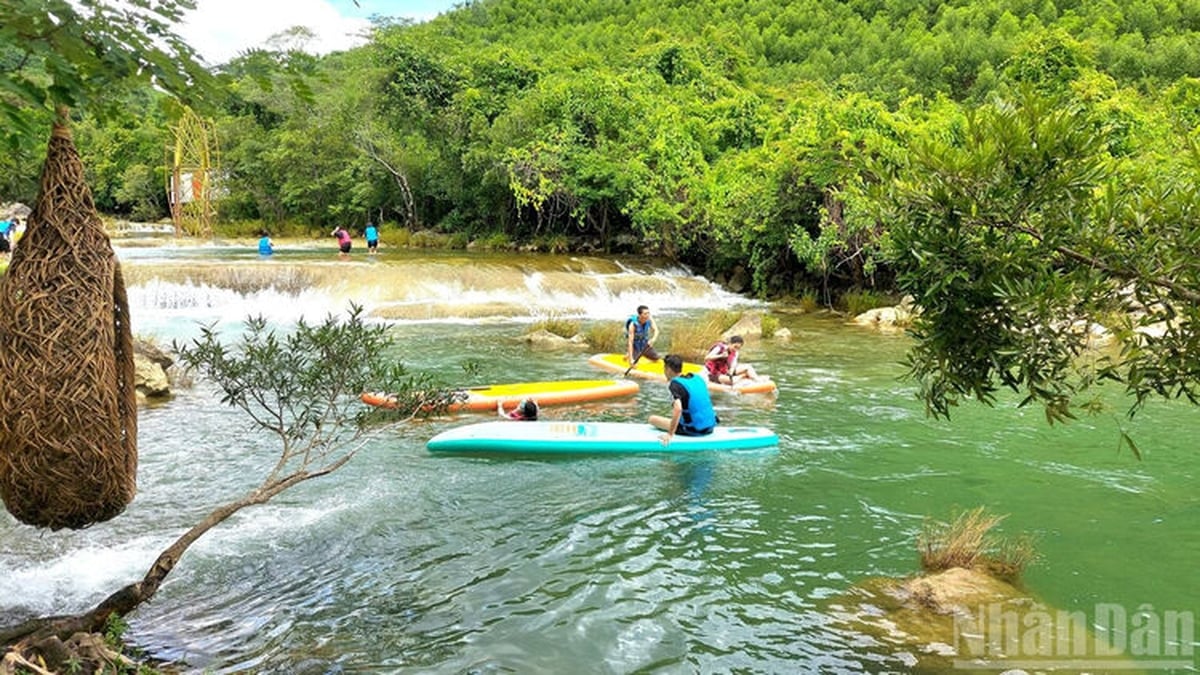


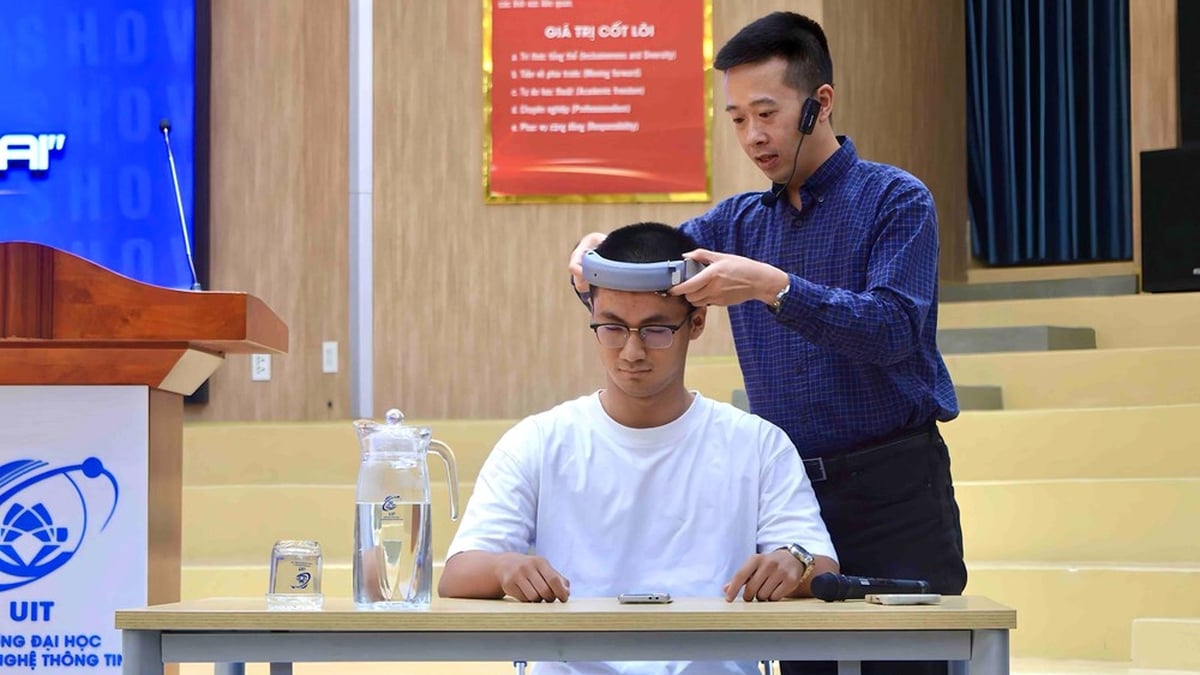
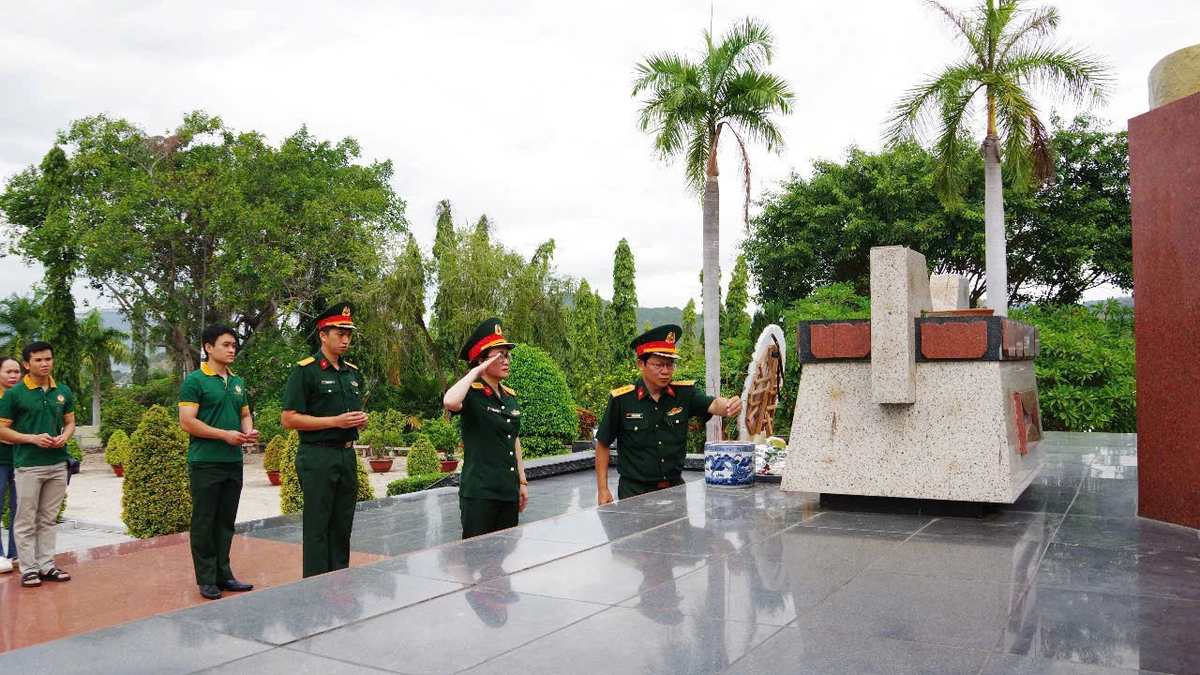

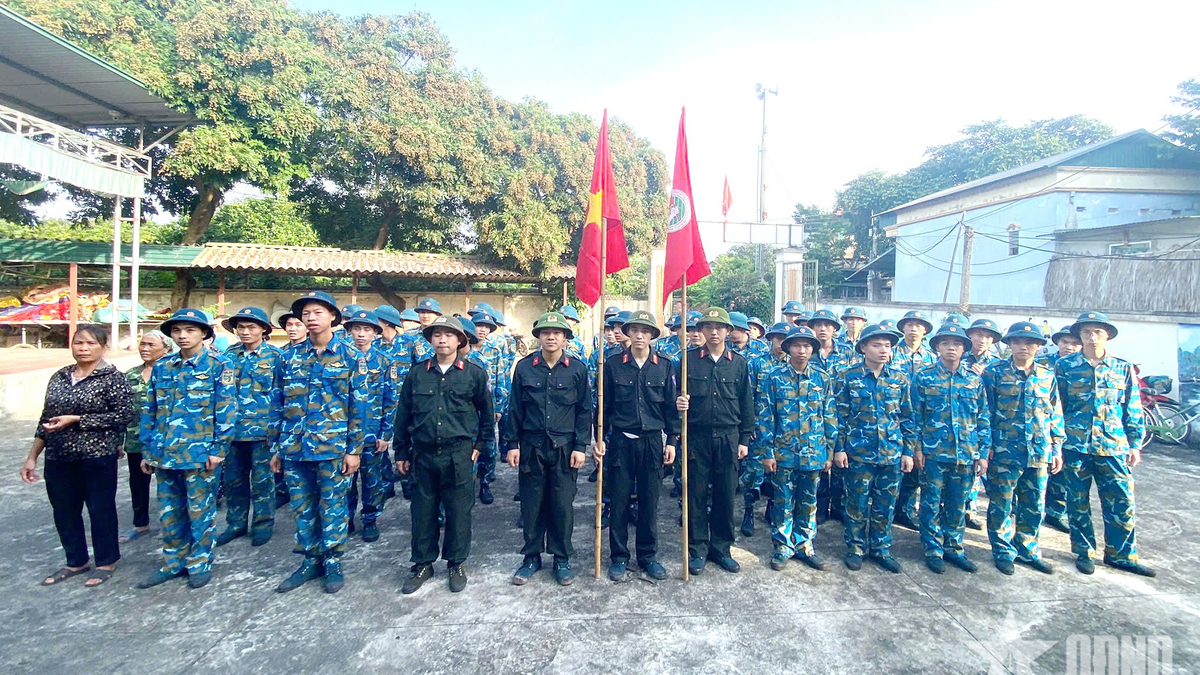
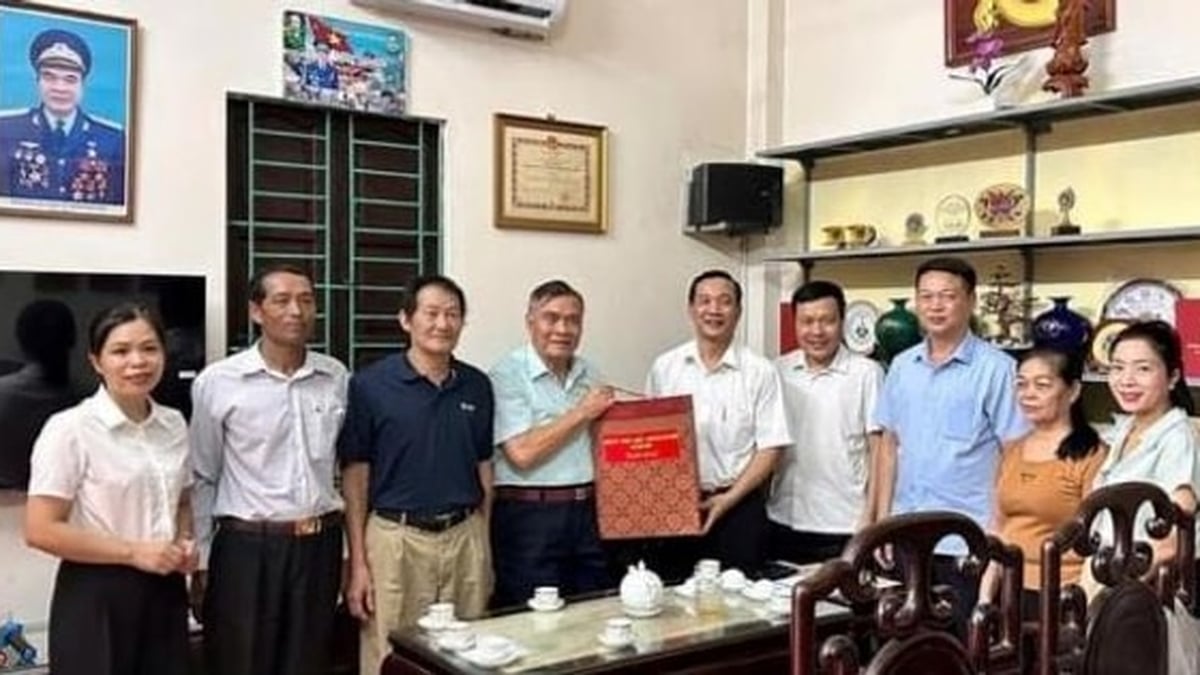

























































































Comment (0)